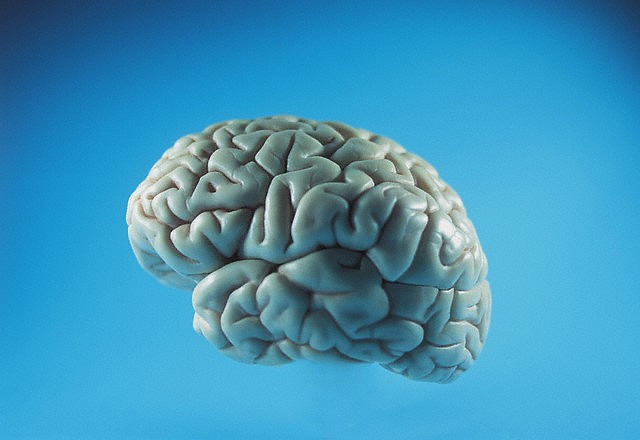Internet Addiction Has Similar Affects to Drink and Drugs

Internet addiction disrupts nerve wiring in the brains of teenagers, a new study has found.
Similar effects have been seen in the brains of people exposed to alcohol, cocaine and cannabis.
Researchers in China compared brain scans of young people with internet addiction disorder (IAD) with their peers and found considerable damage to the white matter in the brain which connects emotional processing, attention and decision making functions.
The research team, led by Dr Hao Lei from the Chinese Academy of Sciences in Wuhan, claims that "behavioural" addictions can cause physical brain damage in the same way as drug addictions.
Internet addiction disorder is a recently recognised condition marked by out-of-control internet use.
Sufferers spend copious amounts of time online to an extent that is considered unhealthy and impairs the quality of their lives.
If denied access to their computers, sufferers may experience distress and withdrawal symptoms, including obsessive thoughts, shivers, and involuntary typing movements of the fingers.
Prior to this pioneering study from China, research on IAD had been confined to psychological assessments.
The new findings could help explain other behavioural problems and lead to the development of new approaches to treatment, researchers said.
It is estimated that about five to 10 percent of internet users are addicted to being online, the majority of whom are online gamers who become so absorbed in playing that they lose track of time and go for long periods of without food or drink, which takes its toll on their education, work and relationships.
The latest study from China used a Magnetic Resonance Imaging technique to look at its effects on brain structure.
Brain scans were performed on 17 internet-addicted adolescents and 16 non-addicted individuals, after which the results were compared and contrasted.
In the teenagers diagnosed with IAD, scientists found evidence of disruption to white matter nerve fibres connecting vital parts of the brain involved in emotions, decision making and self-control.
Fractional anisotropy (FA) - a measurement of water diffusion - was also used to provide a picture of the state of the nerve fibres. Poor nerve fibre structure was indicated by low levels of FA.
As the lead author of the study, Dr Hao wrote in the online journal Public Library of Science ONE: "Our findings suggest that IAD demonstrated widespread reductions of FA in major white matter pathways and such abnormal white matter structure may be linked to some behavioural impairments.
"In addition, white matter integrity may serve as a potential new treatment target."
Past studies have shown abnormal white matter structure in the orbito-frontal regions of the brains of people exposed to alcohol, cocaine, cannabis, methamphetamine and ketamine, the researchers said.
"Our finding that IAD is associated with impaired white matter integrity in the orbito-frontal regions is consistent with these previous results," they added.
The scientists believe the damage is caused by disrupted myelin, the fatty insulating sheath that coats nerve fibres and helps them to function.
Commenting on the findings, Dr Henrietta Bowden-Jones, consultant psychiatrist at Imperial College, London, who runs Britain's only NHS clinic for internet addicts, said: "This type of research exploring the differences between normal brains and brains of people who suffer from internet addictions is groundbreaking as it makes clear neuro-imaging links between internet addiction and other addictions such as alcohol, cocaine and cannabis amongst others.
"We have finally been told what clinicians suspected for some time now, that white matter abnormalities in the orbito-frontal cortex and other truly significant brain areas are present not only in addictions where substances are involved but also in behavioural ones such as internet addiction."
Further studies with larger numbers of subjects would be needed before consideration could be given to reclassifying IAD from an "impulse control disorder" to a "genuine addiction", Dr Bowden Jones said, adding that this study will prove to be seminal in determining how future generations view and receive treatment for internet addiction.
© Copyright IBTimes 2025. All rights reserved.





















